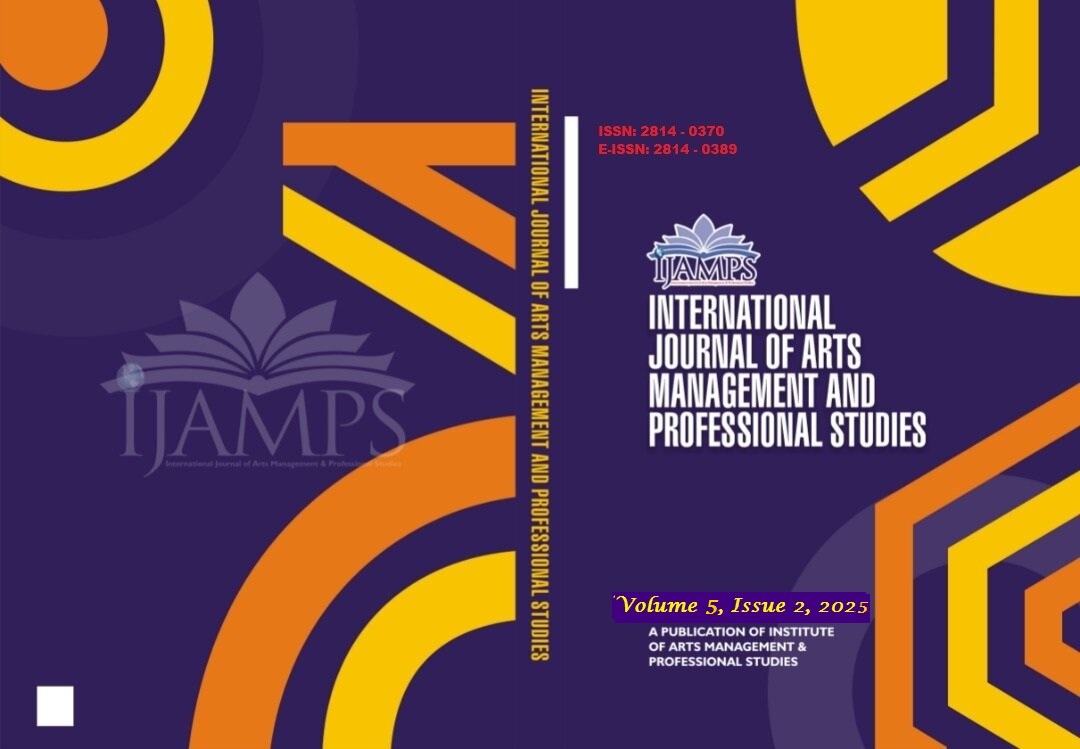
RESILIENCE IN SUPPLY CHAINS: LESSONS FROM GLOBAL CRISES AND NIGERIA'S ECONOMIC CHALLENGES
Babatunde, Adetona, PhD
Volume 5, Issue 2, June 2025
The global ecosystem is reeling from the COVID-19 pandemic, geopolitical conflicts, and rampant inflation, which has stressed the global supply chain. The years 2020 to 2025 herald a relentless series of global crises as the world transitions to post-pandemic life. This devastating scenario leads to the shifting of global supply chains from prioritizing efficiency to resilience-driven models. In this context, the proposed study aims to explore the theoretical rationale and practical implementation of supply chain resilience with a particular emphasis on the global disruption's disproportionate effect on Nigeria. The nation is characterized by chronic economic challenges such as severe infrastructural deficits, volatile exchange rates, and high dependency on imports which, coupled with the global shocks, is crippling the Nigerian industries. Through a systematic review of contemporary literature and evaluation of the sectoral impact, the paper demonstrates that for Nigerian enterprises, resilience constitutes a strategic option but a fundamental necessity towards growth. This is done by analyzing the Nigerian manufacturing, agricultural, and pharmaceutical sectors with their socioeconomic repercussions. In addition, the paper assesses and analyzes further the definition and adoption of Nigerian firms' resilience strategies like localization of sourcing, technology adoption for visibility, and strategic collaborations. The final output is a set of recommendations intended for companies and policymakers designed to develop a resilient and flexible supply chain system that can endure future disruptions.